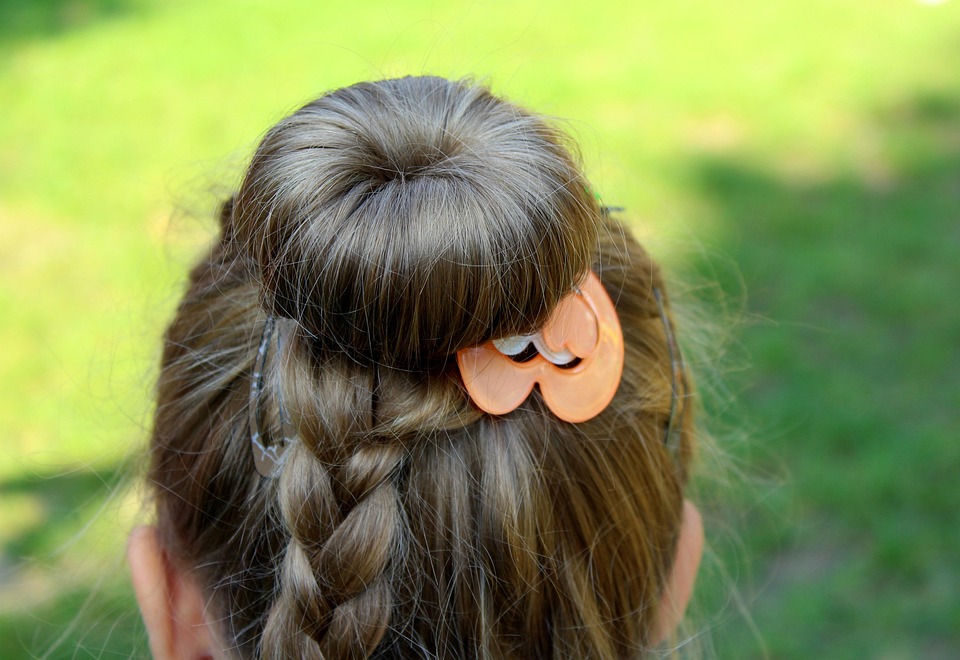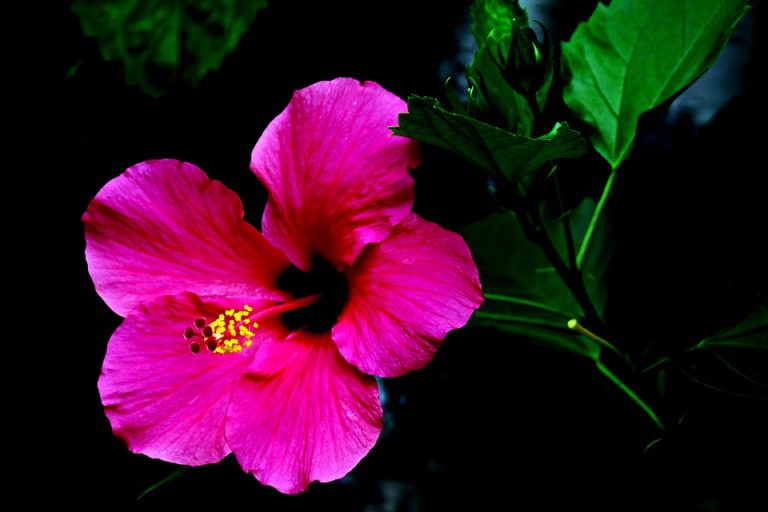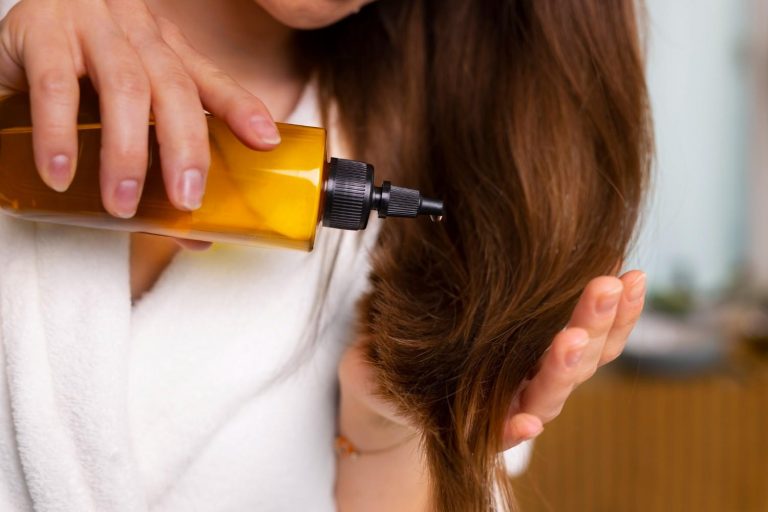Did you know that the hair on your head is made up of a protein called keratin? It’s true! But what if I told you that there are ancient herbs that can help nourish and rejuvenate that keratin? Ayurveda, the ancient Indian system of medicine, offers a treasure trove of natural remedies to enhance hair health. As someone who has dabbled in herbal remedies and has a keen interest in holistic health, I find these Ayurvedic herbs particularly fascinating. Let’s dive into five herbs that can transform your hair health and why they deserve a spot in your hair care routine.
Contents
1. Amla (Indian Gooseberry)
What It Is
Amla, or Indian gooseberry, is a small green fruit revered in Ayurveda for its high vitamin C content and antioxidant properties. It’s often hailed as a superfood for hair.
Benefits for Hair
- Strengthens Hair Follicles: Amla is rich in essential fatty acids and is known to strengthen hair follicles, reducing hair fall.
- Promotes Hair Growth: Regular use is said to stimulate hair growth and improve hair thickness.
- Prevents Premature Graying: The antioxidants in Amla help combat oxidative stress, which is a factor in premature graying.
How to Use It
You can consume Amla in various forms: fresh, powdered, or as an oil. One popular method is to mix Amla powder with water to form a paste and apply it to your scalp. Leave it on for about 30 minutes before rinsing. Or, if you prefer, you can use Amla oil as a massage treatment for your scalp.
Pros and Cons
Pros: Natural, nutrient-rich, and promotes overall scalp health.
Cons: Some people may find it a bit drying if used too frequently, so moderation is key.
2. Bhringraj (Eclipta alba)
What It Is
Bhringraj, also known as “false daisy,” is a herb that has been used in traditional Indian medicine for centuries. It’s often found in hair oils and is celebrated for its benefits.
Benefits for Hair
- Stimulates Hair Growth: Bhringraj is known to enhance blood circulation to the scalp, which can lead to improved hair growth.
- Reduces Dandruff: Its antifungal properties help combat dandruff and other scalp issues.
- Natural Hair Conditioner: Bhringraj oil can make your hair softer and shinier.
How to Use It
You can find Bhringraj oil at health stores or online. Simply warm the oil slightly and massage it into your scalp. Leave it on for at least an hour before washing it out.
Pros and Cons
Pros: Great for stimulating growth and improving scalp health.
Cons: It can be a bit greasy, so it’s best to use it before washing your hair.
3. Neem (Azadirachta indica)
What It Is
Neem is often called the “village pharmacy” in India. This tree’s leaves, bark, and oil have been used for centuries for their medicinal properties.
Benefits for Hair
- Fights Scalp Infections: Neem has powerful antibacterial and antifungal properties, making it effective against scalp infections and dandruff.
- Balances Scalp Oil: It can help regulate oil production, which is beneficial for both dry and oily scalps.
- Promotes Shine: Regular use can lead to shinier, healthier hair.
How to Use It
You can brew neem leaves in water to create a rinse or mix neem oil with a carrier oil and apply it to your scalp. Let it sit for an hour before washing it out.
Pros and Cons
Pros: Effective against dandruff and scalp infections.
Cons: The strong smell may not be appealing to everyone, and it can be slightly drying.
4. Brahmi (Bacopa monnieri)
What It Is
Brahmi is another powerhouse herb in Ayurveda, often used for its cognitive benefits but also well-known for its positive effects on hair.
Benefits for Hair
- Reduces Hair Fall: Brahmi strengthens hair roots, reducing hair fall and breakage.
- Soothes the Scalp: It has cooling properties, making it ideal for soothing an irritated scalp.
- Enhances Hair Texture: Regular use can improve the overall texture of your hair.
How to Use It
Brahmi can be used in powdered form. Mix it with Amla powder and yogurt to create a hair mask. Apply it to your hair and scalp, leave it for 30-45 minutes, and then rinse.
Pros and Cons
Pros: Calming effects on the scalp and strengthens hair.
Cons: It may require regular application for noticeable results.
5. Ashwagandha (Withania somnifera)
What It Is
Ashwagandha, also known as Indian ginseng, is an adaptogenic herb that helps the body cope with stress. Stress is a significant factor in hair loss, making this herb particularly relevant.
Benefits for Hair
- Reduces Stress-Related Hair Loss: By lowering cortisol levels, Ashwagandha can help mitigate stress-related hair loss.
- Improves Scalp Health: Its anti-inflammatory properties can help soothe the scalp.
- Boosts Hair Growth: Some studies suggest that it may stimulate hair growth.
How to Use It
Ashwagandha can be taken in powder form mixed with water or milk. You can also find it in oil form, which can be massaged into the scalp.
Pros and Cons
Pros: Addresses stress, which is a common cause of hair loss.
Cons: Some may experience digestive upset if taken in high doses.
FAQs
1. Can I mix these herbs together for better results?
Absolutely! Many people create a blend of these herbs in a hair mask or oil for a synergistic effect. Just be mindful of your scalp’s sensitivity and start with small amounts.
2. How often should I use these herbs for hair care?
It depends on your hair type and needs. Generally, using these herbs once a week can yield good results without overwhelming your scalp.
3. Are there any side effects associated with these herbs?
While these herbs are generally safe, some people may experience allergic reactions or irritations. Always do a patch test before applying any new product to your scalp.
4. Can I consume these herbs, or should I only use them topically?
Both methods can be beneficial! Consuming these herbs can enhance overall health, while topical application directly nourishes your hair and scalp.
Conclusion
Incorporating Ayurvedic herbs into your hair care routine can be a game-changer. Not only do they offer a natural way to enhance hair health, but they also connect us to centuries-old traditions of holistic healing. While results can vary, many people find that with consistent use, these herbs can significantly improve hair strength, texture, and growth.
So, if you’re tired of battling hair issues and are looking for natural solutions, why not give these Ayurvedic herbs a try? Your hair might just thank you for it!
Disclaimer: This article is for educational purposes only and is not a substitute for professional medical advice. Always consult a qualified healthcare provider before making changes to your health routine.
References
-
Gupta, S., & Gupta, A. (2019). Ayurvedic herbs for hair care: A review. Journal of Ayurveda and Integrative Medicine. Retrieved from https://www.ncbi.nlm.nih.gov/pmc/articles/PMC6348796/
-
Nair, M. G., & Varma, R. (2020). Efficacy of Amla (Emblica officinalis) in hair growth: A review. International Journal of Ayurvedic Medicine. Retrieved from https://www.ijam.co.in/index.php/ijam/article/view/371
-
Mayo Clinic. (n.d.). Hair loss: Diagnosis and treatment. Retrieved from https://www.mayoclinic.org/diseases-conditions/hair-loss/diagnosis-treatment/drc-20319535
Get Your FREE Natural Health Guide!
Subscribe now and receive our exclusive ebook packed with natural health tips, practical wellness advice, and easy lifestyle changes, delivered straight to your inbox.




